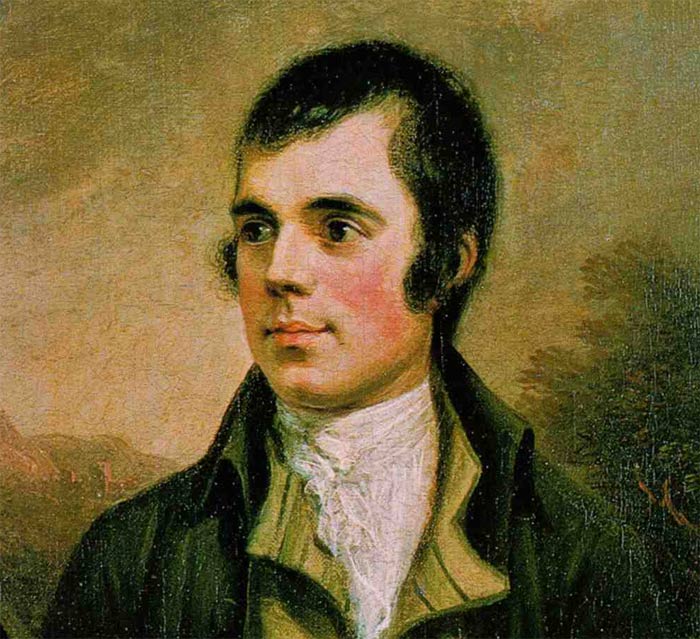
“O my Luve is like a red, red rose that’s newly sprung in June;
O my Luve is like the melody that’s sweetly played in tune . . . “
Robert Burns
I’ve been thinking about the Scottish poet Robert “Rabbie” Burns and his sexual neurosis. Robert Burns is regarded as a pioneer of the Romantic movement. Romantic movement? What I see is conflations of sexual pathology as love and romance.
Robert Burns was born January 25, 1759. In his time, children were captured in their communities and circumstances—limited in their exposure to the world beyond. Sexual mores—the values defining male/female hierarchy—were captive as well, in the character and ethic of the parents. Once a female child reached sexual maturity they were vulnerable to arranged marriages, early childbirth, and unprotected sex.
How far and deep does it continue to entrap inexperienced males and females in an illusion of love as beauty, both physical and conceptual? How many beautiful persons of character are hidden behind the conventional expectation of beauty? I’m thinking of Marlyn Monroe, Hugh Hefner, beauty contests, cowboys, and male sports heroes, whose appearance represents sexual enticements, yet are absent of character and content.
In his time, Burns romanticized the character of young love as sexual passion—his influence in this regard has remained well beyond his writings. In our current day, we are still conflating sexual passion with the foundations of an open and honest relationship between two people.
Many enlightened beings are able to experience sex without the illusion of love and still maintain respect for the individuality of their partner. There are many intimate relationships that are founded on respect and love of a person without having to be owned by the other.
I don’t know the character, or evolutionary history, of sexual relationships—including same sex interactions—in other cultures. What I do know is that sexual interactions, prior to civilized culture, were organic in nature, and natural in that there is animal paring within most species.
There is a history of sexual enlightenment in the foundations of cultural beliefs and customs. Yet, the overall influence throughout the ages has been one of extreme male dominance. I’m thinking of the ways this continues today—disrespecting the individual sovereignty of a woman.
There are questions regarding the composition of DNA in the hereditary evolution of the neural matrix that also influences the responses to sexual stimulation and the concepts it generates.
Again, I see Robert Burns as having some difficulty within his own identity. I’m referring to his use of sex for self-validation, followed by an unwillingness to take responsibility for what he created . . . actual living beings! Those he mated with in glamor were left to fend for themselves in many cases. Being able to abandon his responsibility to an unborn child, and the burden that fell upon the women he left behind, leaves us to wonder about the fantasy of passion, driven by organic chemistry.
I don’t see him as someone of outstanding character, though he did expose the illusion of romance, seen or unseen.
I think much of his poetry is the emotional manipulation of words and sound—the sweetness of romance and love—but it doesn’t always open the window into more insight and understanding of one’s emotions. Kind of like the relationship between sugar and vitamins.
Sterilization, contraceptives, abortion, and the right of the individual to choose for themselves. Are you responsible, qualified, to raise and support a child? And what of population limitations? All-in-all emotions confuse perception, and many have had the experience of being misguided by their feelings.
He did awaken many to a dream they would not have had otherwise.
